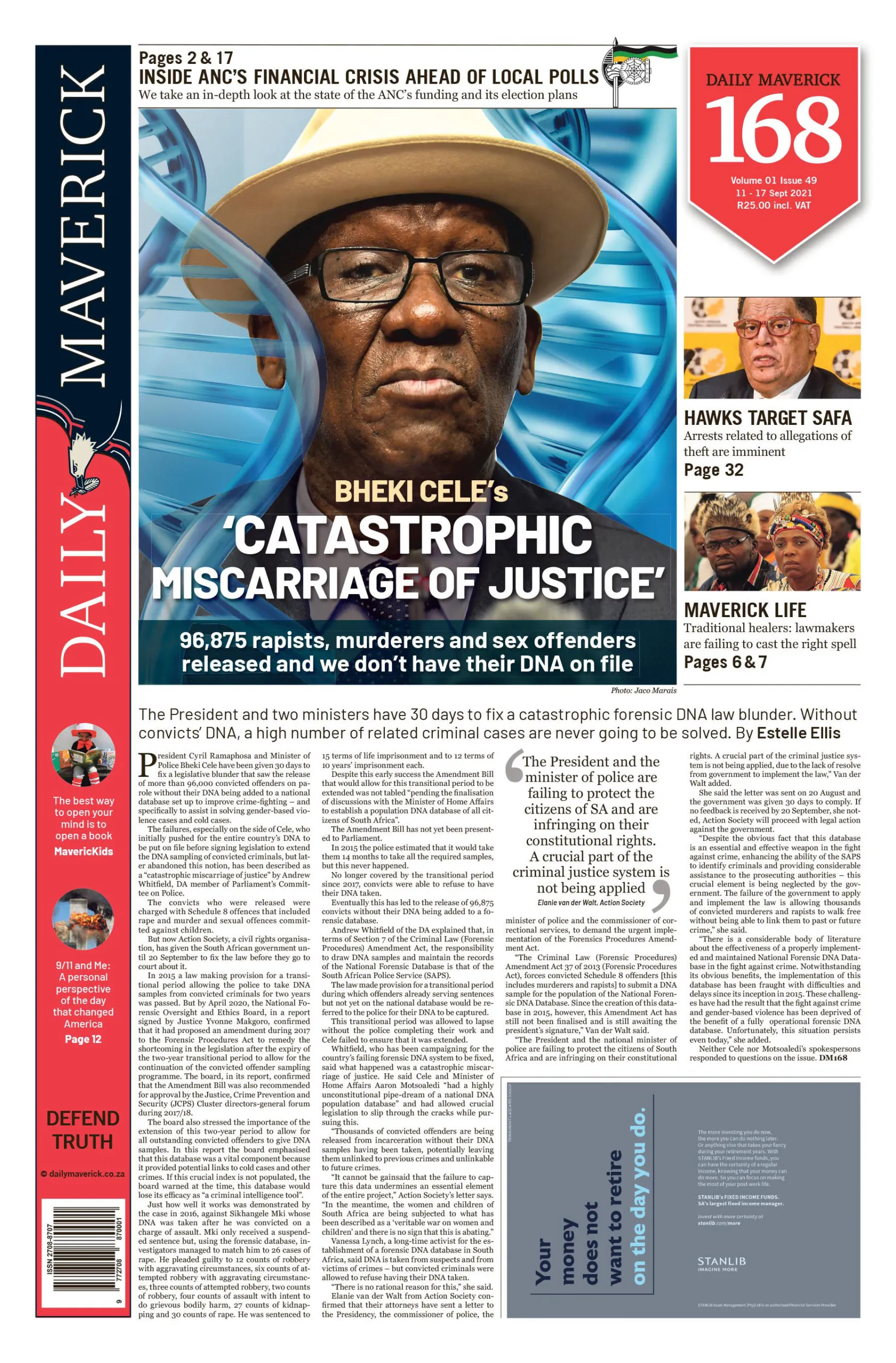First published in the Daily Maverick 168 weekly newspaper.
It was just another of many instances where the Tribunal overturned a decision made by the Commission. No big deal. That is how our competition authorities roll: the Competition Commission, which is the investigative and enforcement authority, makes a decision on a matter, taking into account public interest issues as well as the provisions of South Africa’s Competition Act. The Commission then refers its decision to the Tribunal, which adjudicates the matter. The Competition Appeal Court, which is an arm of the judiciary rather than an arm of the Economic Development Department, hears appeals against decisions of the Tribunal.
When it comes to upholding the aims of the Competition Act, one could argue that the process itself works. It’s the public interest aims of the Act – and specifically the noble amendments to the Act – that are open to significant interpretation, adding complexity, interpretation and ideology to South Africa’s mergers and acquisition space.
Coming so soon after the Commission reversed its unfathomable decision relating to Burger King and recommended that the Tribunal approve the transaction, I can’t help wondering, with regard to the Coca-Cola decision, if the Tribunal is increasingly having to limit the ideological ambitions of the Commission?
In the Burger King matter, the Commission prohibited the proposed sale by black-owned Grand Parade Investments (GPI) of its investment in Burger King SA to Pan-African private equity firm ECP Africa. This was because the sale would significantly reduce the shareholding of historically disadvantaged persons in Burger King from more than 68% to 0%. The Competition Act requires that when the Commission assesses proposed mergers, in addition to considering the impact of the transaction on competition, it considers public interest factors such as the impact on BEE ownership.
But ownership cannot be seen in a vacuum. There are other factors to consider too. Namely that ECP Africa had promised to invest a further R500-million to roll out new Burger King stores and increase the number of permanent employees by at least 1,250 people. This will no doubt stimulate the economy, to say nothing of the possible investment stimulus when GPI redeploys the R500-million from the sale of its business.
Fortunately, sanity prevailed and the Commission changed its mind and recommended that the Tribunal approve the acquisition. Yes, the Commission’s efforts were in line with the aspects of the Competition Act, and creating a more inclusive, transformed economy and deconcentrating markets is a key aspect of competition policy. But I worry when regulators adopt a hardline approach to one specific public interest consideration, which outweighs everything else. And I worry that when it comes to the Commission, this is increasingly becoming the case.
In the Coca-Cola matter, which addressed post-merger issues, the decision of the Commission had economic consequences that potentially amounted to interference in a company’s ability to operate independently.
In 2016 and 2017, Coca-Cola Beverages acquired Shanduka Beverages SA and the Coca-Cola Canners of Southern Africa. While approval for the merger was granted, one of the conditions was that Coca-Cola could not retrench any bargaining unit employees for “at least” three years from the date of the second transaction, subject to certain provisions. However, in May 2019 Coca-Cola initiated a process to retrench 368 workers, citing operational concerns born out of economic hardship. The economy was weak, input costs were rising, consumers were not spending and the recently imposed sugar tax was a burden. As a result, gross profit declined by R300-million in that year. Coca-Cola argued that it needed to take action to ensure that the company remained profitable and sustainable. However, following an investigation, the Commission concluded that the retrenchments were merger-specific and that the company was in breach of its merger agreement and instructed Coca-Cola to reverse the decision.
The Tribunal, however, accepted that the evidence provided by Coca-Cola was, on a balance of probabilities, a valid reason for cutting costs generally and specifically in respect of the reduction of staff costs. It went on to say that “the cutting of costs in challenging economic circumstances is a requirement in response to an economic need of an employer and accordingly an operational requirement as it is contemplated in the definition of ‘operational requirements’ in the Labour Relations Act”.
In the current climate, where jobs are being shed like fleas off a dog, it is absolutely correct to hold business to account. Many businesses will put profit before principle. But believing that one can regulate a business into creating or maintaining jobs when it is not in its economic interest to do so is myopic and counterproductive. DM168
This story first appeared in our weekly Daily Maverick 168 newspaper which is available for R25 at Pick n Pay, Exclusive Books and airport bookstores. For your nearest stockist, please click here.

















 Become an Insider
Become an Insider
Comments - Please login in order to comment.